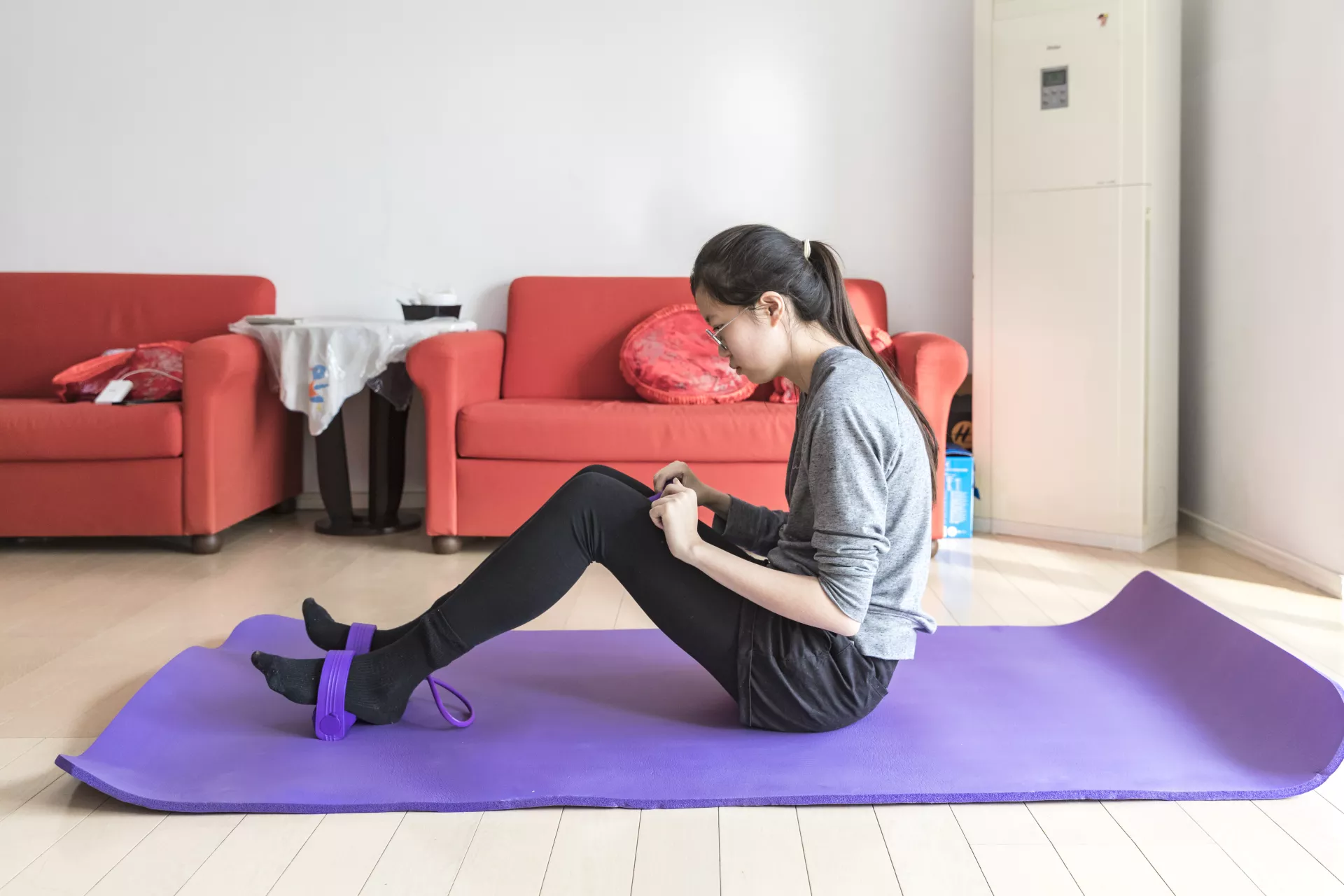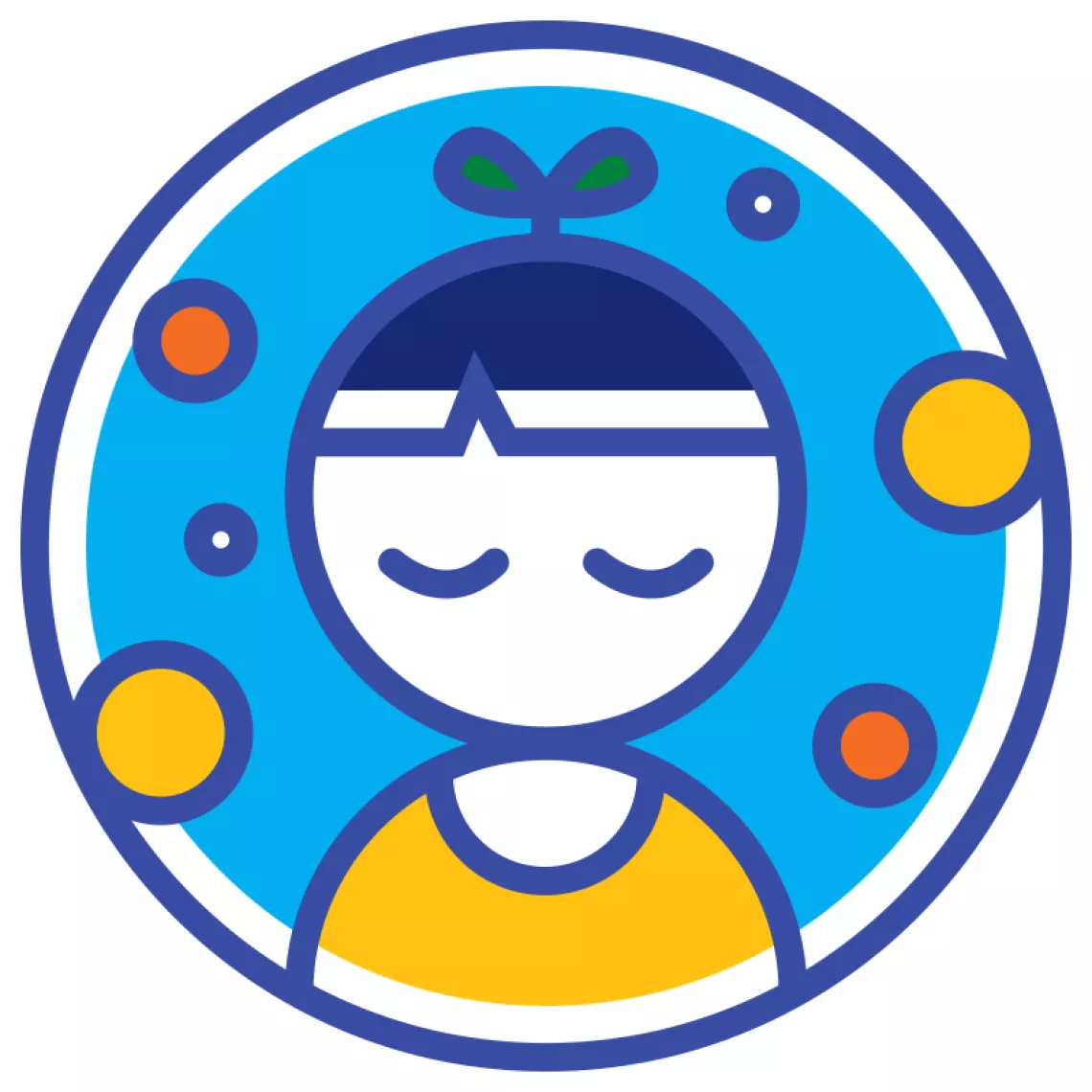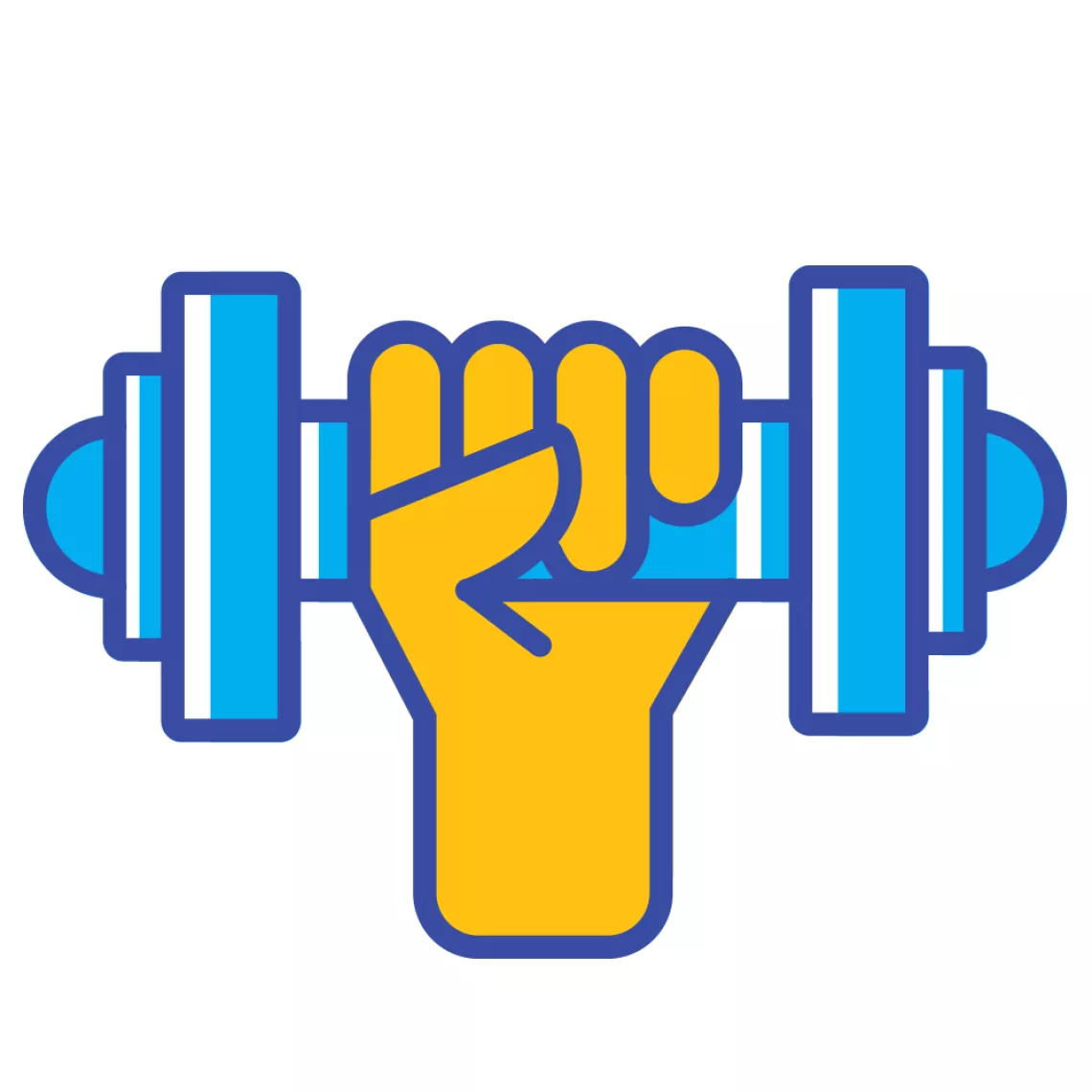Keep a strong, healthy body and mind
Six ways to keep your body and mind healthy and strong

- Available in:
- 中文
- English
Building family harmony starts with everyone feeling good about themselves. During the COVID-19 epidemic, people may experience negative feelings, such as sadness, anxiety, fear, and even depression. Helping yourself and your family members keep a positive attitude will be important for everybody to get through this difficult period. Below are six ways to keep your body and mind strong.
Recognize and accept your emotions.

When you stay at home for a long time, it is normal to feel upset or anxious. The first step is to recognize and accept these emotions. Accepting your emotions means being honest about your feelings. Don’t suppress your feelings or try to change them. Accepting your emotions can actually help you manage them.
Maintain a healthy lifestyle.

Keep a proper diet that includes varied and nutritious foods. Follow a daily routine and keep a consistent sleep schedule.
People who stay at home for a long time may easily have their normal routines turned upside down. Some people may stay up late at night and fail to get up during the day.
Some people may even have sleep problems. And no sleep or lack of sleep may make us feel anxious, pessimistic and depressed.
Sleep is important for your personal health. Sleep helps the immune system. And good sleep, especially deep sleep, can reduce anxiety. So remember to keep a regular schedule during this period.
Practice meditation or mindfulness.

Take ten minutes a day for meditation or mindfulness. Studies show that meditation or mindfulness can relieve stress, reduce anxiety and fear, and can lead to a more positive outlook on life. Find a quiet place and sit or lay down. Close your eyes and try to relax your body. Focus on your breathing, the inhale and exhale. Don’t worry if you get distracted. Take a moment and calmly bring your focus back to your breathing. Playing soft music in the background or guided meditations can also help.
Exercise regularly.

Physical exercise is an effective way to relieve stress and reduce anxiety. Even a small amount of physical exercise can immediately improve your mood. And it works for people of all ages. At this time, it is unlikely we can do outdoor exercises, but you should still do some exercise at home. If you need exercise tips, try downloading a fitness app.
Prevent information overload.

Excessive information may lead to anxiety and panic. Since the COVID-19 outbreak was first reported, almost all social media channels, including Weibo and WeChat, are inundated with information about the epidemic. During this time, limit the time you spend browsing the web. To avoid information overload, set aside time away from the screen and internet.
Talk to someone.

Humans are social animals. And if our need to socialize is not met, it may lead to negative emotions. Fortunately, it is easy to connect with relatives and friends. Call someone or send a private message on WeChat.
If all above suggestions are not working, seek professional counseling.




